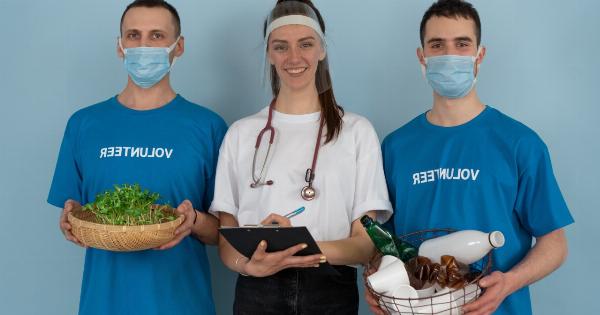Cold, refreshing, and delicious – that’s how we often describe our favorite icy treats like ice cream, slushies, or frozen yogurts.
But have you ever experienced that sudden, intense headache right after indulging in a frozen delight? It’s known as brain freeze, and it can turn a pleasurable experience into an excruciating one. In this article, we unravel the mystery behind brain freeze and explore what exactly happens when that icy treat touches our palate.
What is Brain Freeze?
Brain freeze, scientifically known as “sphenopalatine ganglioneuralgia,” is a phenomenon that occurs when we consume something extremely cold, such as swallowing a large ice cream bite too quickly.
Within seconds, we experience a sharp, stabbing headache that seems to originate in our forehead or temples, and it can last for several seconds to a couple of minutes. While brain freeze isn’t a serious condition, it can be incredibly uncomfortable. But what exactly causes this curious phenomenon?.
The Cold Conundrum
When we consume something cold, whether it’s a frozen dessert or a chilled beverage, our nerves are what feel the impact.
Our bodies have temperature-sensing nerves located in various parts, including our mouth, esophagus, and the roof of our mouth. When these nerves are exposed to extreme cold, they send signals to the brain, which then interprets them as pain or discomfort.
The Blood Vessel Theory
One theory suggests that brain freeze may occur due to a rapid constriction and dilation of blood vessels in the head. The intense cold causes the blood vessels in the palate to constrict, reducing blood flow to the brain.
In response, the body compensates by dilating the blood vessels, leading to an increased blood flow and subsequently triggering pain receptors. This theory aligns with the abrupt onset and short duration of brain freeze.
Chilling the Trigeminal Nerve
Another theory revolves around the trigeminal nerve, which is a major sensory nerve responsible for transmitting sensations from our face to the brain.
It is believed that the rapid cold sensation on the palate triggers the trigeminal nerve, causing it to send signals to the brain, resulting in the experience of brain freeze. However, the exact mechanisms behind this theory are still debated among researchers.
Preventing the Freeze
No one enjoys the pain of brain freeze, so how can we prevent it from spoiling our ice cream indulgence? One way is to eat or drink cold treats slowly, allowing our mouth and nerves to gradually adapt to the temperature change.
Another method is to try and minimize the contact of the cold treat with the roof of the mouth, where the temperature-sensing nerves are more concentrated. By taking smaller bites and allowing the treat to warm up slightly inside the mouth before swallowing, we can potentially reduce the likelihood of brain freeze.
Brain Freeze Remedies
If you do find yourself experiencing brain freeze, there are a few remedies that may help alleviate the discomfort. One common method is to press your tongue or your thumb against the roof of your mouth, which may help warm up the area more quickly.
Some individuals find relief by drinking a warm beverage or pressing a warm object, such as a spoon, against the roof of their mouth. However, keep in mind that each person may respond differently to these techniques, and experimentation may be necessary to find what works best for you.
Expanding Research
Despite being a relatively common occurrence, brain freeze is still not fully understood. Researchers continue to explore the underlying mechanisms and gather more conclusive evidence to support the existing theories.
Studies utilizing brain imaging techniques and examining nerve responses are in progress to shed further light on this chilly conundrum. In the future, these findings may not only help us understand brain freeze better but potentially offer insights into other types of headaches as well.
Brain Freeze vs. Migraines
Brain freeze headaches often share some similarities with migraines, such as their sudden onset, location, and sensation. Some individuals who are prone to migraines may find that they are more susceptible to brain freeze as well.
However, it’s essential to note that brain freeze headaches are typically short-lived and don’t entail other accompanying migraine symptoms, such as sensitivity to light or sound. They are generally harmless and self-resolving, unlike migraines, which can significantly impact a person’s daily life.
Appreciating the Freeze
While brain freeze may be a momentary inconvenience, it is undoubtedly an interesting and unique phenomenon. It reminds us of the intricate interplay between our sensory nerves and the brain, as well as the limits of our perception.
So, the next time you delight in an icy treat and experience brain freeze, take a moment to appreciate the fascinating mechanisms occurring within your head. And remember, everything is best enjoyed in moderation, even brain freeze!.

























